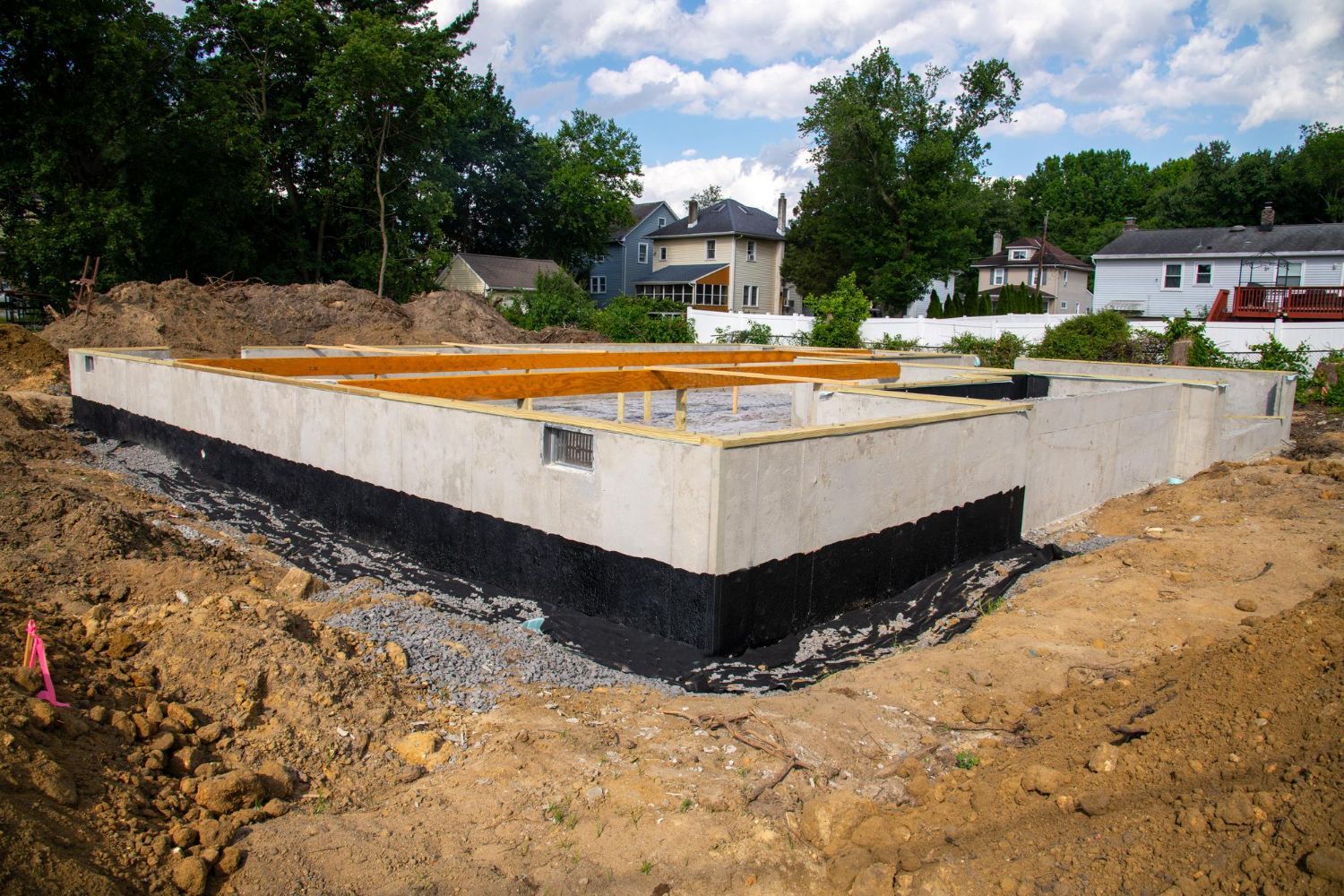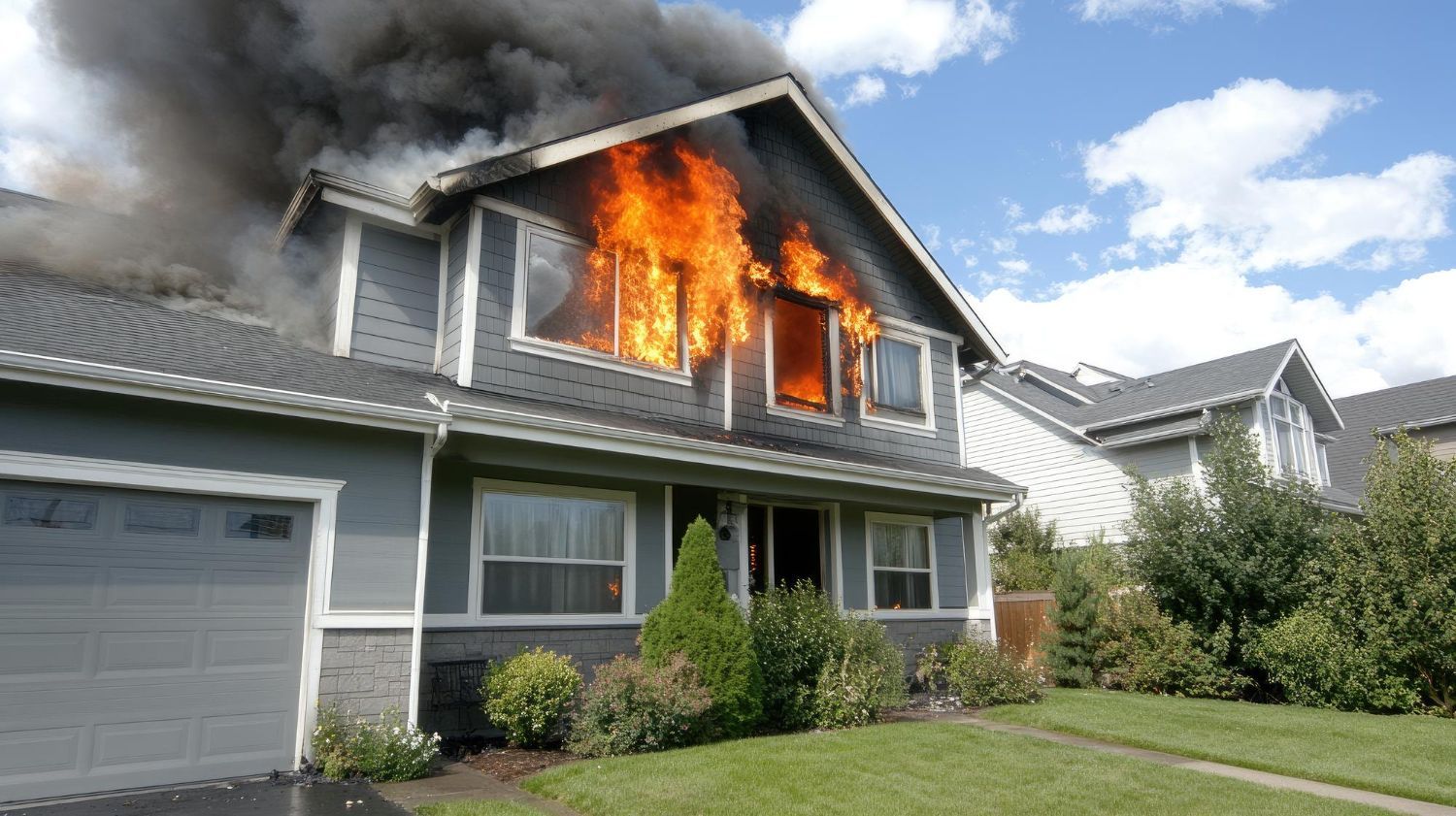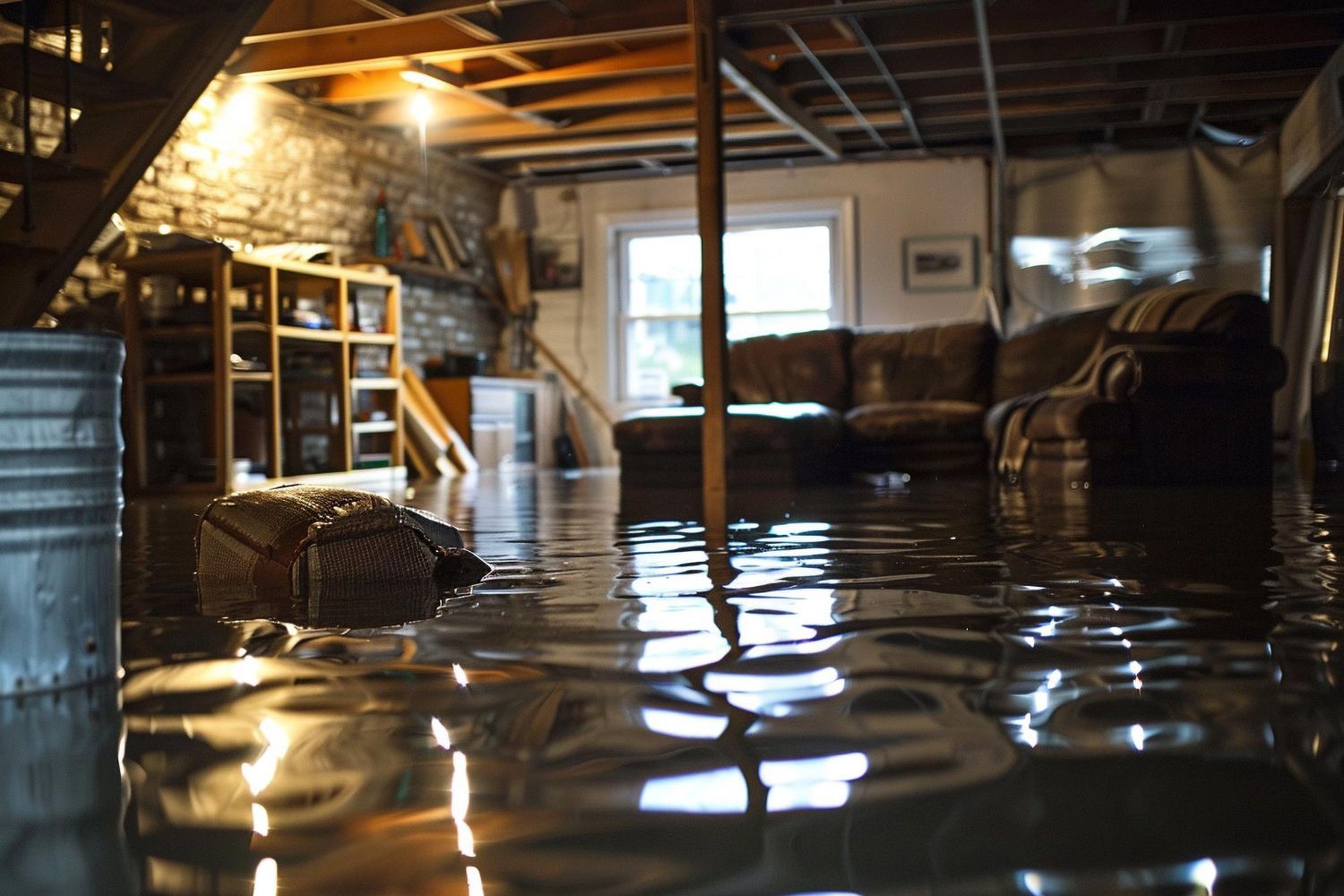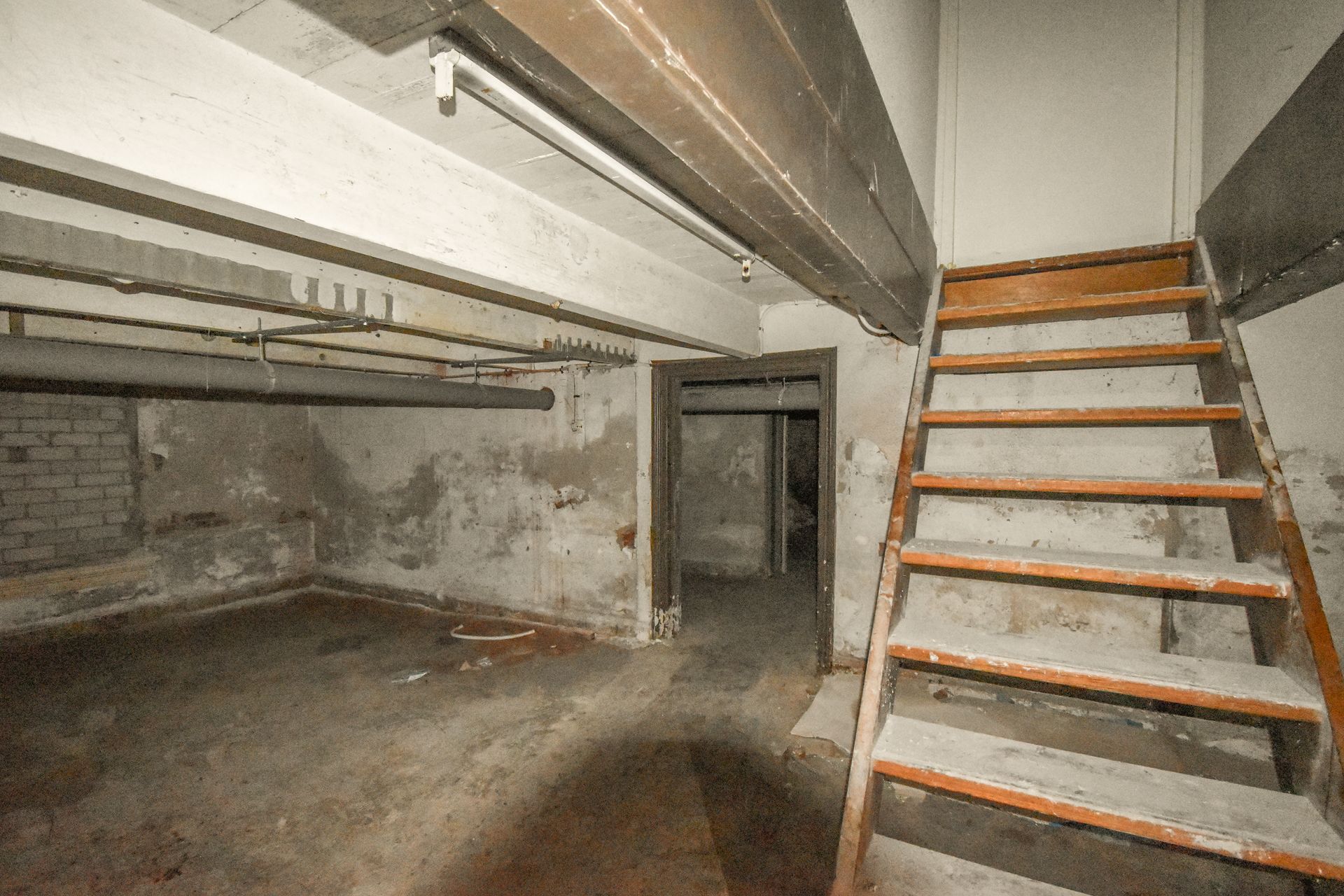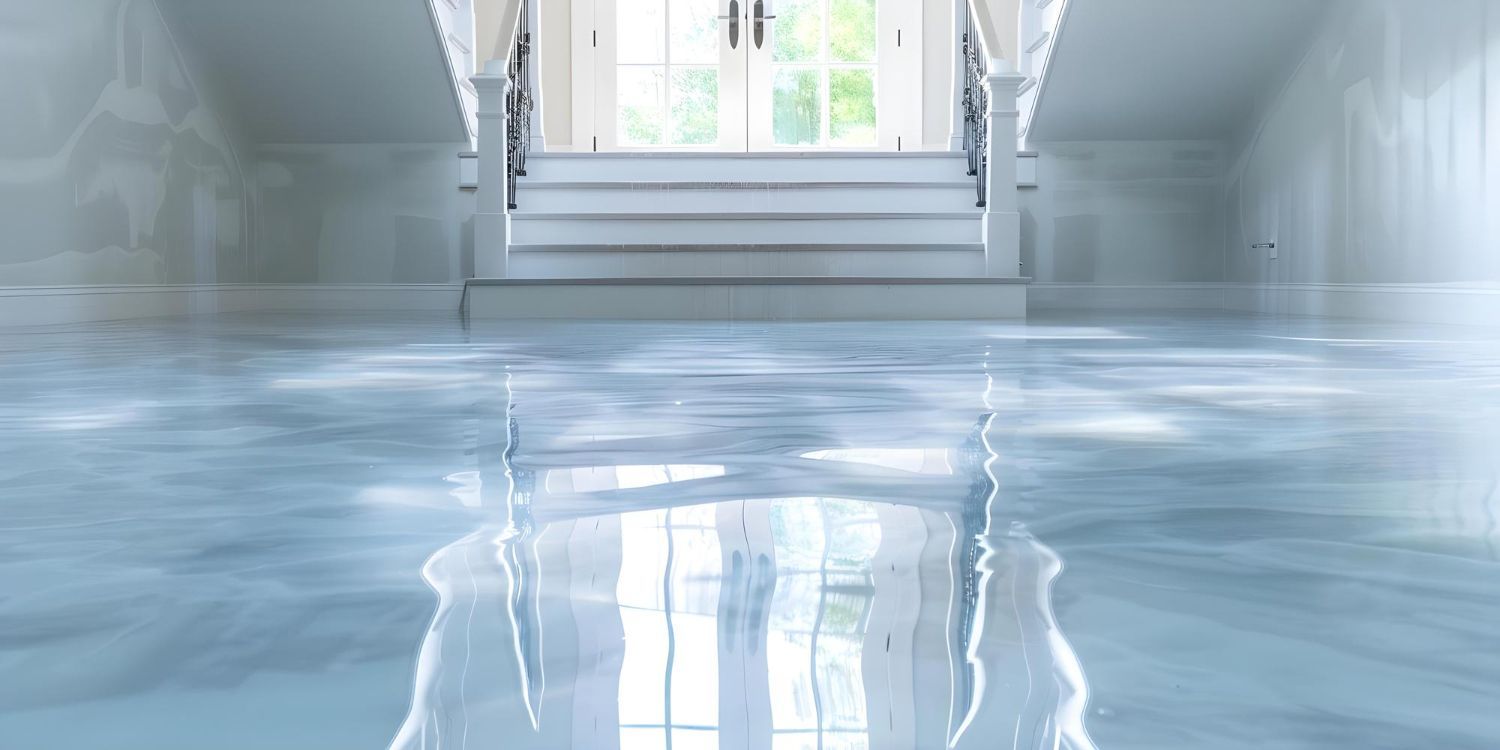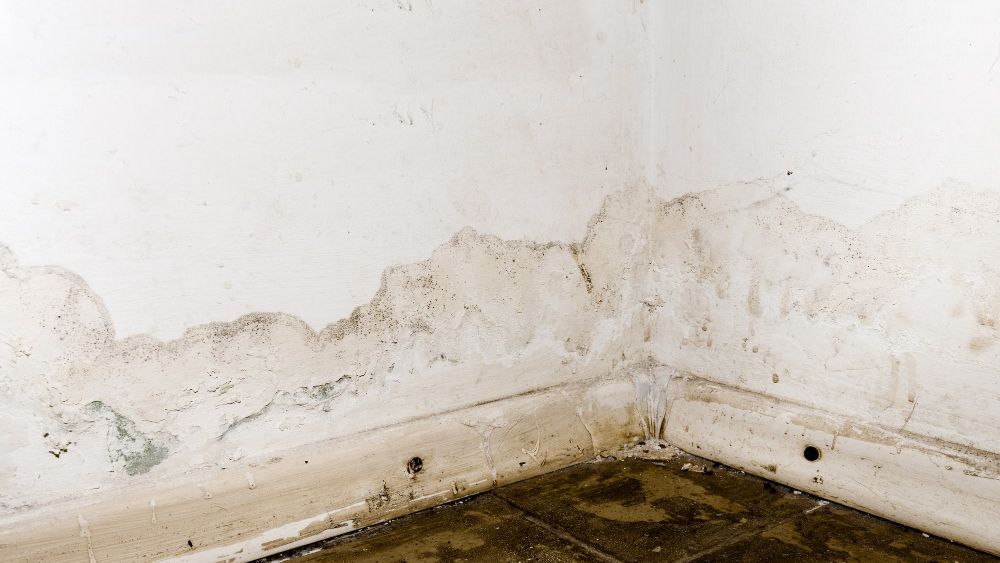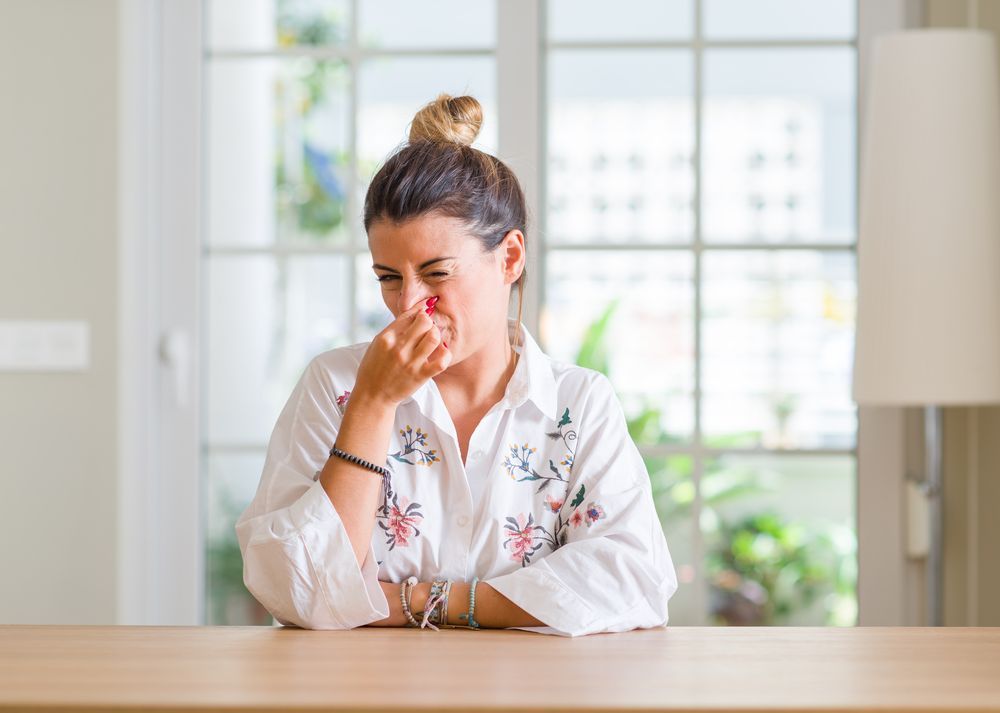Mold Allergies and Seasonal Allergies
The Difference Between Mold Allergies and Seasonal Allergies in Maryland
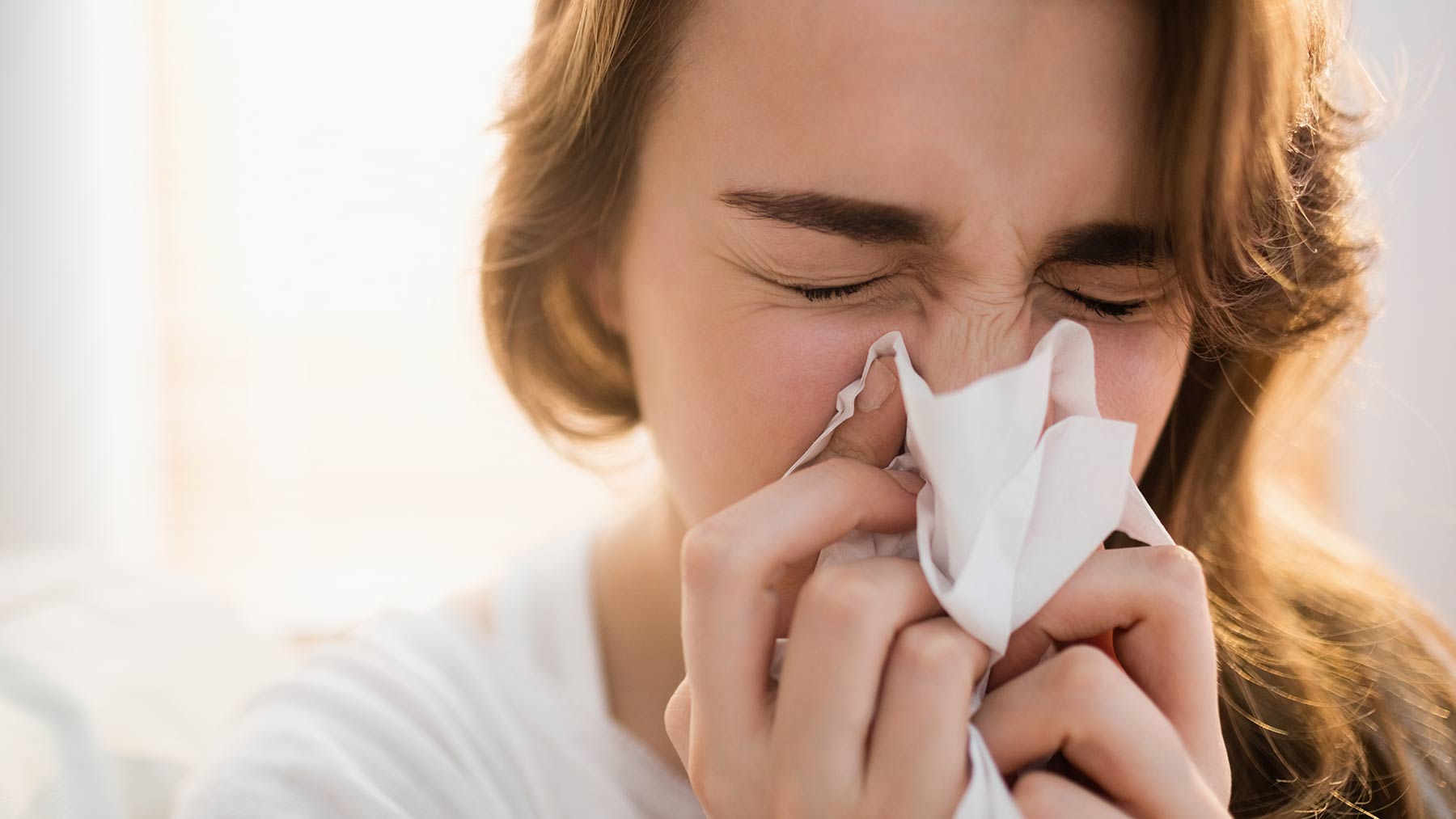
Do you frequently suffer from seasonal allergies, such as runny nose, throat itching, and sneezing? Seasonal allergies usually last for only a short period, but if you are still experiencing symptoms, you most likely have a mold allergy.
Seasonal vs. Mold Allergies
Seasonal allergies and mold allergies share many of the same symptoms. Nevertheless, you can tell which is which when you have them.
Seasonal allergies occur between late February and early September, whereas mold allergies do not have a specific season. Additionally, seasonal allergies tend to affect those who have their windows open or spend more time outdoors. Mold allergies, on the other hand, are found in people who stay indoors and keep their windows closed. Mold allergies usually manifest themselves in laundry rooms, basements, and kitchens, which are common environments where mold thrives.
How to Prevent Seasonal Allergies
It is possible for you to prevent seasonal allergies on your own. In order to prevent pollen exposure, stay inside when it's windy and dry. If there's high pollen content outside, you'll normally notice it. Therefore, it would be prudent not to go outdoors at this time.
Make sure to wear a mask if working in your garden yourself, or hire someone to do it for you. Keep your windows and doors closed as much as possible, especially in the mornings when pollen counts are highest. Using High-Efficiency Particulate Air (HEPA) filters will also be helpful.
How to Prevent Mold Allergies
Here are some tips for preventing mold allergies. It is a good idea to disinfect and clean your bathroom once a month with bleach. When you do this, make sure you clean everything-the tub, the shower, the windowsills, and the shower curtains.
To eliminate excess moisture from bathrooms, laundry rooms, and kitchens, exhaust fans are also recommended. Also, check under the sink for leaks. Keep your eye out for any standing water that can lead to mold growth.
In damp areas of the home, purchase a dehumidifier and set it to 50% humidity. Keep in mind that mold allergies aren't confined to indoor spaces. Therefore, you should also know how to protect yourself outdoors. In order to prevent mold growth, remove organic debris from your yard and gutters.
These are some ways you can prevent seasonal and mold allergies. However, it's essential to determine which allergy you have, which is why you should see your doctor first. You may then find out what you can do to prevent your allergies, and should it be a mold allergy, then the mold on your property should be removed as soon as possible. You will be able to prevent allergy flare-ups and improve the quality of your indoor air when you hire the right mold removal team.
Our mold abatement team in Maryland can help you. Restoration1 of Central Maryland offers mold remediation services to eliminate the cause of the allergy. Make an appointment with us today!


